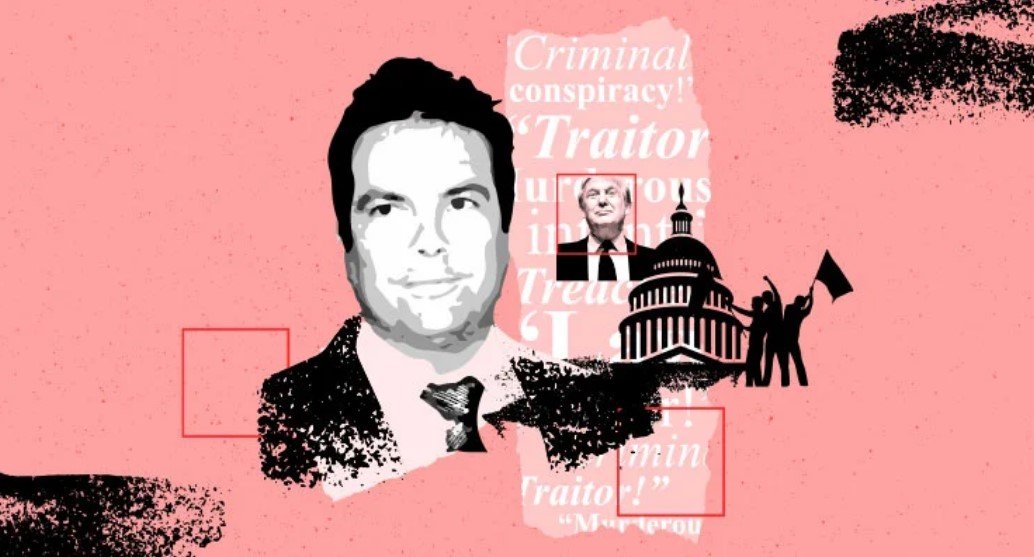Murdoch’s Defamation Suit Against Crikey – New Public Interest Defence Put to the Test!
By Elinor Bickerstaff-Westbrook
Everyone loves to root for the underdog, especially when the big-guy is the owner of a global, multi-billion dollar media empire. A recent defamation lawsuit between two news aggregators has got just that match set up, and a new, yet-to-be-tested Australian public interest defence is giving the little-guy some hope.
Lachlan Murdoch, CEO of Fox Corporation and co-chairman of News Corporation (which his father, Rupert Murdoch, founded), is suing Private Media for defamation due to publications made on their news website Crikey. The article in question, written by politics editor Bernard Keane, labelled Murdoch’s family as Donald Trump’s ‘unindicted co-conspirators’ in the January 6th US Capital riots in 2021.
Murdoch, as the plaintiff, will need to demonstrate that the article has caused him serious reputational harm, which is not necessarily hard to prove. Private Media is defending the article on three main grounds: Murdoch’s failure to accept a reasonable offer of amends, the implied freedom of political communication, and most notably, public interest.
This latter defence was only introduced in Australia in 2021 and has not been used before. In recent years in Australia, defamation has been a constant losing point for media and news publishers, as there has been no defence for situations involving public figures and public interest issues. The relatively low bar of only needing to show reputational damage means politicians and wealthy public figures have been able to exploit defamation to quash criticisms and commentary pertaining to them.
By way of comparison, in the US, defamation against public figures has a higher standard: the plaintiff must not only show reputational damage but must also demonstrate malice on the part of the publisher, meaning they must prove the publisher lied or was recklessly indifferent to the truth.
So, how does the new public interest defence help journalists and publishers? In order to successfully use the defence, the court must be satisfied that the publisher reasonably believed the issue in question concerned a matter in the public interest. This is much broader and easier to demonstrate basis than the other defences Private Media is submitting, such as the implied freedom to political communication, which is rarely successful due to its limited scope in government and political matters.
However, the usefulness of the public interest defence to Crikey and other Australian news publishers in the future will depend on how narrow or broadly the Court interprets the relevant provisions. Specifically, it will be interesting to see what the Court considers to be in the ‘public interest’.
Murdoch’s barrister has claimed in pre-trial hearings for the defamation case that the public interest defence is ‘not going to happen’ for both Crikey and the media in general. However, news publishers in Australia will be watching this case closely to see what the future of media criticism of public and political figures becomes. It seems that finally, the underdog might just win.

